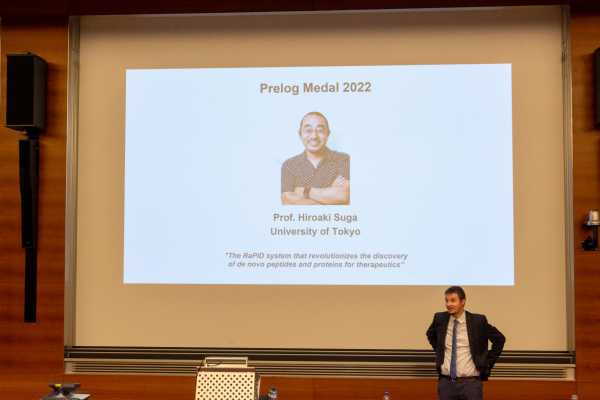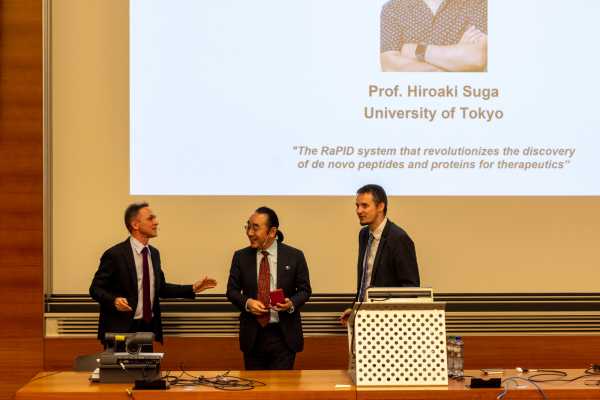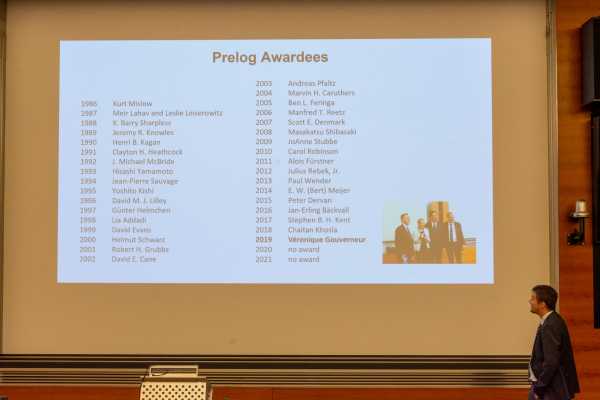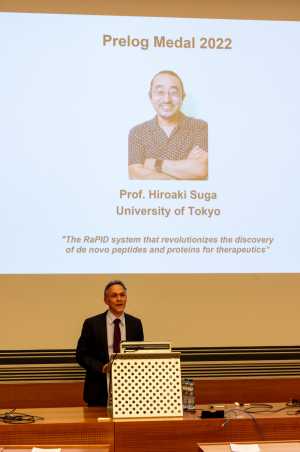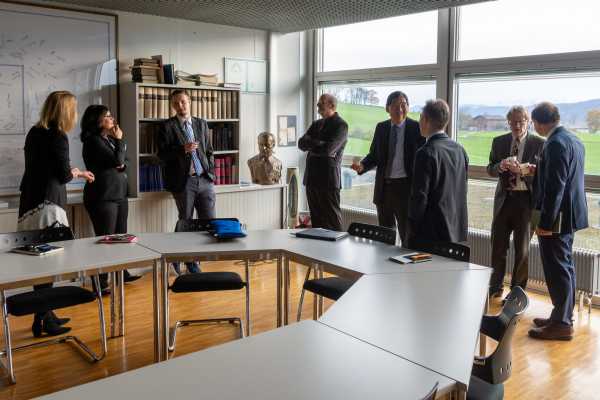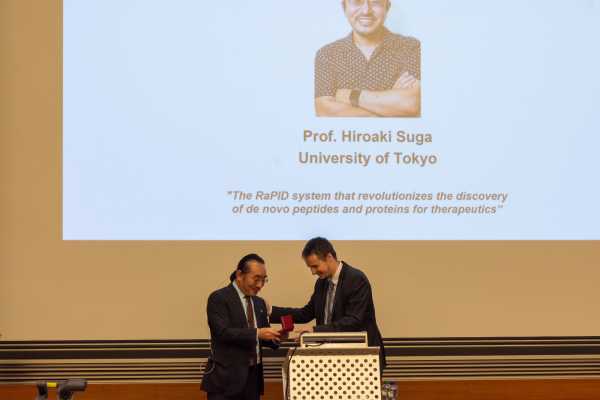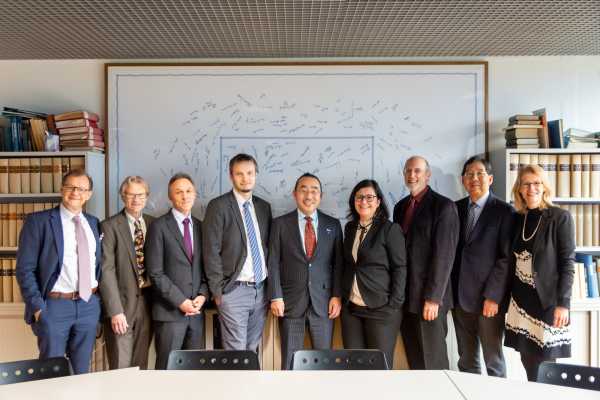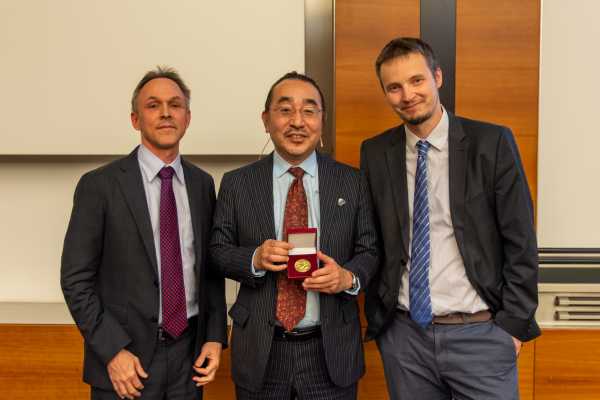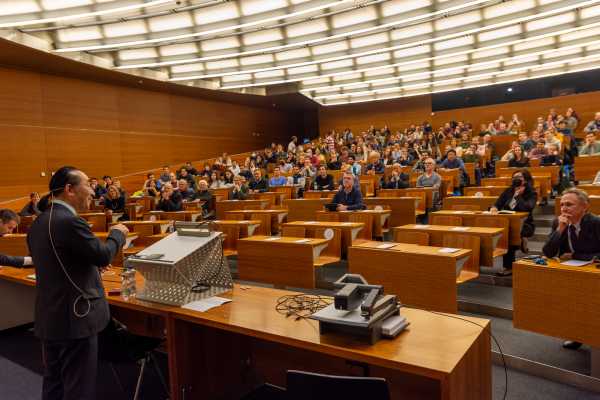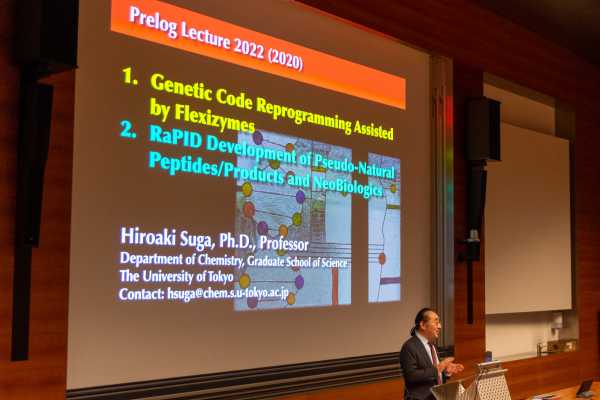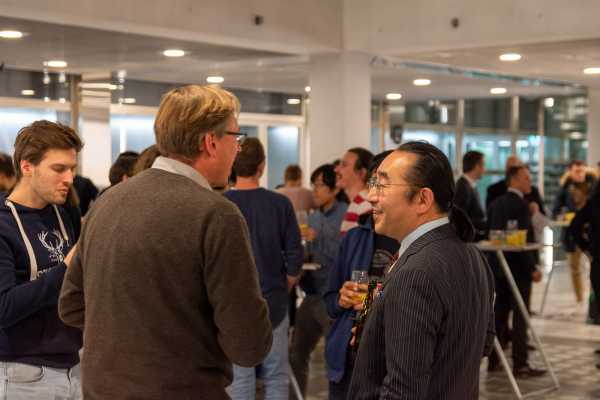Prelog Lecture 2022
Prof. Hiroaki Suga
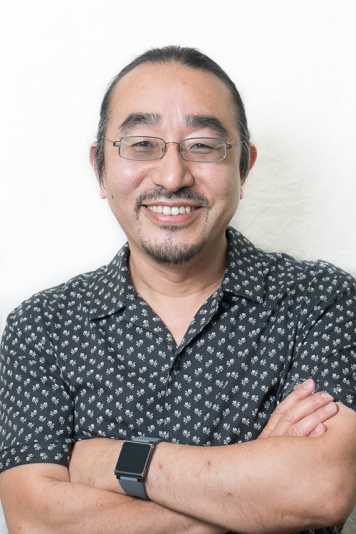
Professor Hiroaki Suga was born in Okayama City, Japan in 1963. He received his Bachelors and Masters of Engineering from Okayama University. Already as an MSc student, he established his first connections to Switzerland, when he spent time as a visiting student in the research group of Prof. Manfred Schlosser at the University Lausanne. For his PhD studies, he moved to the Massachusetts Institute of Technology, where he worked with Professor Satoru Masamune on the development of catalytic antibodies. He continued his education with postdoctoral studies in RNA biochemistry in the group of Prof. Jack Szostak at Massachusetts General Hospital.
Prof. Suga began his independent career as a tenure-track Assistant professor in the Department of Chemistry at New York State University at Buffalo in 1997. He was promoted to Associate Professor in 2002, and in 2003 moved to the Research Center for Advanced Science and Technology at the University of Tokyo. In 2010 he moved within the University of Tokyo to his present position as Full Professor in the Department of Chemistry.
As a young faculty member at SUNY-Buffalo, Prof. Suga further developed RNA-based enzymes – known as ribozymes – into remarkably efficient tools for loading unnatural amino acids onto tRNA. This technology, known as the “Flexizyme”, emerged as a powerful approach to reprogramming the entire genetic code. Coupled with painstaking work to establish in vitro translation of proteins using reconstituted ribosomes, Prof. Suga used his ability to incorporate any number of unnatural amino acids into expressed peptides to produce molecules that spontaneously cyclize to give macrocyclic peptides.
With the power of oligonucleotide display and directed evolution, Prof. Suga built these discoveries into a powerful platform for the production and selection of billions of macrocyclic peptides into high-affinity binders to protein targets. Known as the “RaPID” System, it enables the discovery of small, macrocyclic peptides that bind to almost any target – including many that had previously been considered undruggable. In 2006, he co-founded PeptiDream to further advance and apply the RaPID system for the identification of binders – an approach that quickly became one of the most effective and widely used technologies for identifying small molecule protein binders, with particular power for disrupting protein–protein interactions. PeptiDream attracted clients and collaborations from biotech and pharmaceutical companies worldwide and, in 2013, was listed a publicly traded company on the Tokyo Stock exchange, where it is widely appreciated as one of the most successful startup companies in Japan.
Prof. Suga’s research is characterized by a deep understanding of the ability to use biological machinery to construct complex organic molecules on a vast scale completely unimaginable using conventional methods alone. In sheer numbers, it is likely that more unique non-natural molecules have been produced using Prof. Suga’s chemistry than any other technique or approach. These pseudo-natural products possess the unique stereochemistry, rich functional group density, and three-dimensional architecture necessary for interrogating and controlling biological processes. These molecules have shed light on numerous biological pathways, enabled high resolution structures of some of the most challenging proteins, and paved the way for a new generation of pharmaceuticals.
Prof. Suga’s lab at the University of Tokyo is widely known as an oasis of scientific discovery, collaboration, and international relations. His dynamic group has hosted students and scientists from dozens of countries, with frequent visits to and from collaborators worldwide. His talented students and postdocs have been recruited to leading positions as lab heads across Japan and the world. Prof. Suga’s advancements have been recognized by numerous awards including the Max Bergmann Medal and the Nagoya Silver Medal.
In addition to his enormous scientific accomplishments, Prof. Suga is a generous and energetic figure in the chemistry and chemical biology community. He is the current President of the Chemical Society of Japan and the Founding Editor-in-Chief of the journal RSC Chemical Biology. He has worked tirelessly to foster new models for educating and training PhD students and consistently engages in high-level efforts to promote entrepreneurship and internationalization in Japan.
Beyond all of this, Prof. Suga is a man of many talents – including a passion for playing and collecting electric guitars. He puts his extensive collection to good use, and he can occasionally be found entertaining his friends, students, and colleagues in Tokyo clubs, playing rock and Jazz with long-time band members from his hometown Okayama.
Through his creative and ambitious work across chemistry, biochemistry, pharmaceutical science, and fundamental biology, Prof. Suga exemplifies the spirit of passion, curiosity, and rigor of the distinguished list of previous awardees. We are honored to recognize his outstanding contributions by awarding him the 2022 Prelog Medal of the Laboratory of Organic Chemistry at ETH Zürich.

